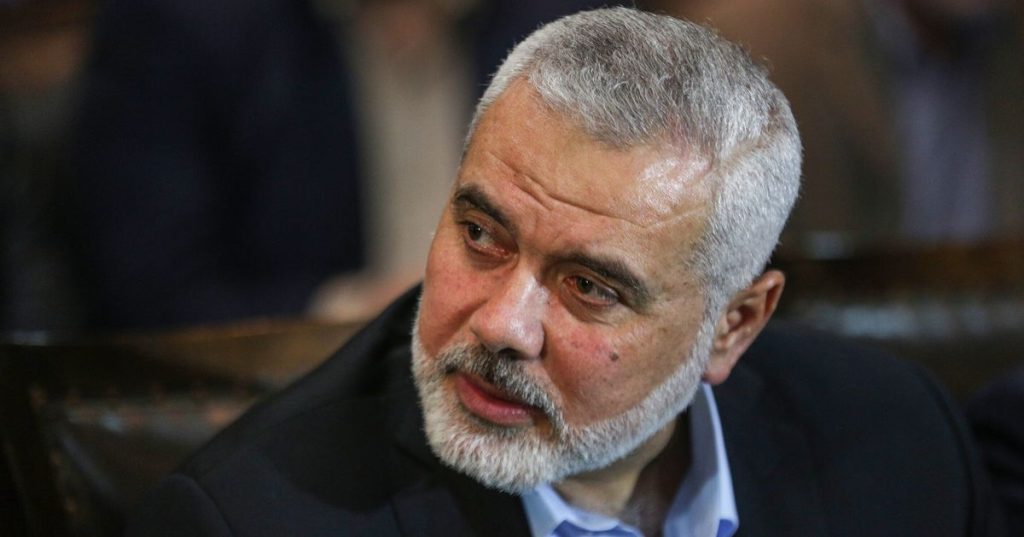The ongoing debate around whether Hamas will continue to maintain its political headquarters in Doha, Qatar has ramped up in recent days, indicating a potential shift in the organization’s base of operations. The Wall Street Journal reported that Hamas has reached out to different regional governments to potentially host its leaders instead of Qatar, where they have been headquartered for over a decade. This move comes in response to pressure from Republican lawmakers, and more recently from a prominent Democrat, Rep. Steny Hoyer, who urged Qatar to eject Hamas’ leadership if progress is not made on freeing remaining hostages held by the group.
Qatar’s Prime Minister mentioned that the country is conducting a review of its mediation role, citing political exploitation as a reason for the scrutiny. Despite the opposition in the U.S. to hosting Hamas leaders, the organization still sees value in its presence in Qatar. Some high-profile Hamas leaders have indicated flexibility regarding a potential move, suggesting that the relocation may not be as effective in pressuring the group to make concessions as expected. Potential new host countries, such as Iran, could further complicate the situation by limiting U.S. access to and leverage over Hamas.
Hamas leaders have stressed their willingness to adapt to a new location, emphasizing that they have historically moved from place to place in response to changing circumstances. Prior to moving to Qatar, Hamas leaders were situated in Syria, and their move to Doha was seen as advantageous for all parties involved, including the U.S., Israel, and Qatar. The continued presence of Hamas in Qatar could serve as a valuable intermediary for managing Israeli-Palestinian conflicts and working towards a lasting settlement, as seen in previous instances of de-escalation between Hamas and Israel.
The outcome of the location debate is crucial for Hamas and the prospects for peace in the region. Should Hamas move to Turkey, Erdogan might use this hosting to further Turkish interests in Israeli-Palestinian negotiations, potentially complicating matters for the U.S. On the other hand, if Qatar decides to expel Hamas, it could provide the organization with leverage in future negotiations by highlighting aggressive actions by Israel and its supporters. The ongoing struggle between Hamas, Israel, and Qatar underscores the complexities of finding a resolution to the conflict and the need for continued engagement with all parties involved.
Despite the challenges posed by the potential relocation of Hamas’ leadership, U.S. lawmakers are faced with the reality of dealing with the organization in the months and years to come. While some lawmakers advocate for punitive actions against Qatar for hosting Hamas leaders, others argue that engaging with the organization, through intermediaries like Qatar, is essential for navigating the complexities of the region. The future of Hamas and its role in Israeli-Palestinian negotiations will likely depend on how the organization adapts to changing geopolitical dynamics and whether potential new host countries can provide a conducive environment for dialogue and peacebuilding efforts.


